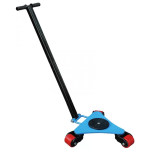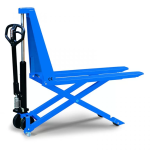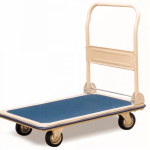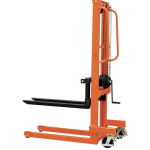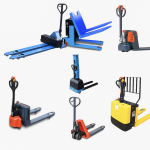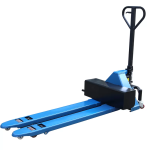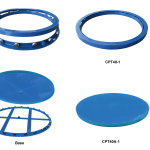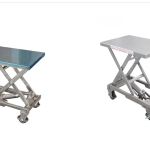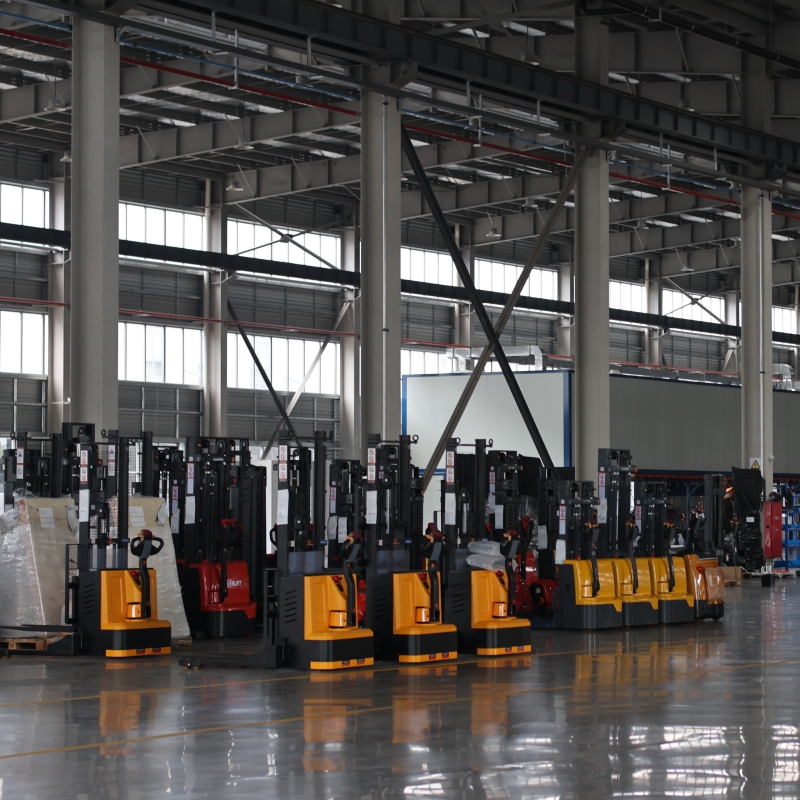
As a leading manufacturer of material handling equipment, iLift is committed to providing insights into current market trends and practical advice for businesses navigating the dynamic logistics and warehousing landscape. Below, we analyze three key products—hand pallet trucks, small capacity hand lifters, and folding handle-type equipment—to help clients make informed decisions.
1. Hand Pallet Trucks: The Backbone of Manual Material Handling
Market Overview
Hand pallet trucks (also known as manual hydraulic forklifts) remain indispensable in warehouses, factories, and retail environments due to their simplicity, durability, and cost-effectiveness. These devices are designed for short-distance transport of palletized goods, with load capacities typically ranging from 2,000 to 5,500 lbs1. The global market for heavy-duty steel hand trucks is projected to grow at a CAGR of 12.7% from 2025 to 2031, driven by rising demand in logistics and retail sectors.
Key Considerations for Buyers.
Капацитет: Opt for models that exceed your maximum operational weight to ensure safety and longevity.
Ergonomics: Look for features like adjustable forks and shock-absorbing wheels to reduce operator fatigue.
Durability: Steel-based designs dominate the market, but aluminum variants are gaining traction for corrosion resistance in humid environments.
2. Small Capacity Hand Lifters: Flexibility for Light-Duty Tasks
Market Trends
Small capacity hand lifters (under 1,000 lbs) are increasingly popular in niche applications such as retail stockrooms, small workshops, and healthcare facilities. These compact tools prioritize maneuverability and space efficiency. For example, foldable designs like the H301 (300 kg capacity) are ideal for businesses with limited storage space. The Asia-Pacific region, particularly China, accounts for over 20% of the global market, with growth fueled by e-commerce and urban logistics.
Selection Tips
Portability: Prioritize lightweight models (e.g., 21.5 kg net weight) with foldable handles for easy storage.
Versatility: Ensure compatibility with standard pallet sizes and uneven surfaces.
Safety: Check for features like anti-slip surfaces and braking systems, especially in environments like hospitals or food processing plants.
3. Folding Handle-Type Equipment: Innovation in Space Optimization
Industry Advancements
Folding handle-type equipment, such as hydraulic loading trucks and collapsible hand trucks, addresses the need for space-saving solutions. The JSTXCC CQY Folding Hydraulic Truck, for instance, combines a 500 kg load capacity with a compact stowed height of 2,000 mm, making it ideal for tight workspaces6. The market for folding designs is expanding rapidly, particularly in urban logistics and airport cargo handling, where storage efficiency is critical.
Buying Recommendations
Ease of Use: Choose models with ergonomic folding mechanisms and minimal maintenance requirements (e.g., single lift cylinders).
Материјал: Steel offers strength for heavy loads, while aluminum suits lightweight, corrosion-prone environments.
Application-Specific Features: For example, airport-compliant folding trucks may require specialized certifications or anti-vandalism packages.
Strategic Advice for Buyers
Assess Workflow Needs: Match equipment to your operational scale—heavy-duty pallet trucks for warehouses, small lifters for retail, and folding designs for space-constrained sites.
Prioritize Safety and Compliance: Ensure adherence to regional standards (e.g., China’s GB/T 27699-2023 for hydraulic systems).
Leverage Smart Technologies: Consider IoT-enabled devices for fleet management and predictive maintenance, a trend highlighted in micro-sized scissor lifts.
Conclusion
The material handling market is evolving with a focus on efficiency, safety, and adaptability. By selecting the right equipment—whether a robust hand pallet truck, a nimble small lifter, or a space-saving folding model—businesses can optimize productivity while reducing operational costs. At iLift, we offer tailored solutions to meet these diverse needs, ensuring your operations stay ahead in a competitive landscape.


